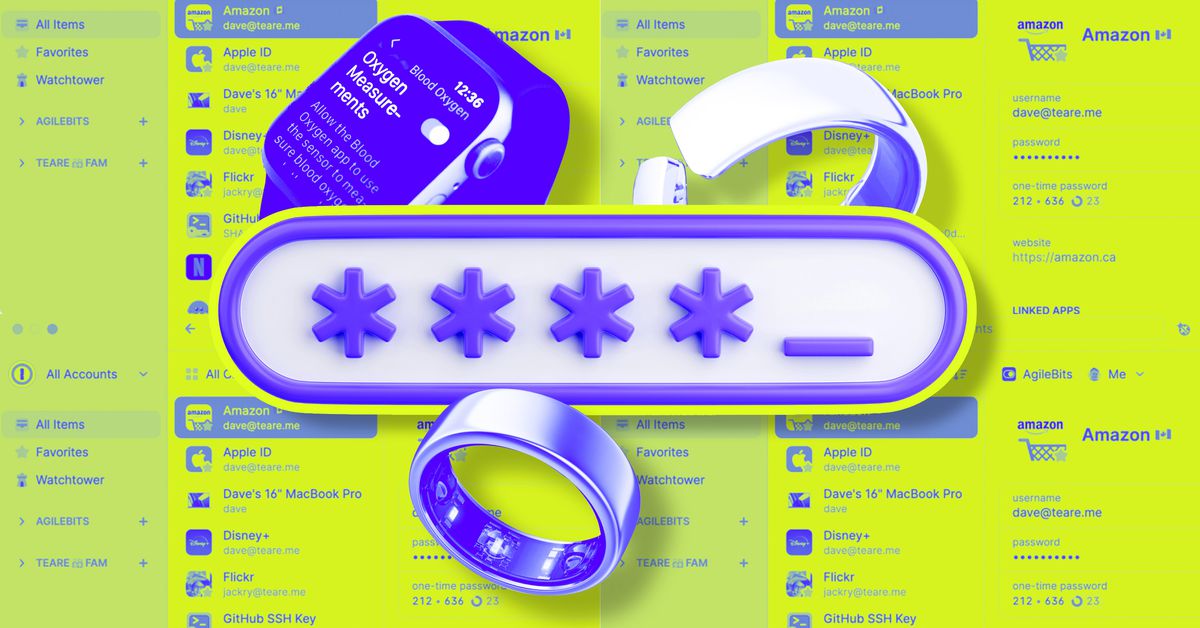- cross-posted to:
- news@lemmy.linuxuserspace.show
- cross-posted to:
- news@lemmy.linuxuserspace.show
Passkeys: how do they work? No, like, seriously. It’s clear that the industry is increasingly betting on passkeys as a replacement for passwords, a way to use the internet that is both more secure and more user-friendly. But for all that upside, it’s not always clear how we, the normal human users, are supposed to use passkeys. You’re telling me it’s just a thing… that lives on my phone? What if I lose my phone? What if you steal my phone?



I export my passwords from my manager regularly and keep them on paper in a secure place. At worst, it would be massively annoying if the password manager somehow blew up. But you can’t hack a paper. On the other hand, like some other person wrote, it’s incredibly easy to break your phone screen and then you’re screwed until you can fix it.
The person who broke their phone screen wasn’t mad about not being able to access the data on it in this case, but rather that they couldn’t receive a text message as the second factor to log in to their bank. Having a backup wouldn’t have mattered, they couldn’t receive the text. Like it or not, having two-factor authentication on accounts is a necessity with the phishing and malware problems out there. Having multiple (secure) factors attached to your account is the best protection against getting locked out.
The breaking of a phone and loss of the data on it can still be protected against by having backups in other locations or offline, like you have.